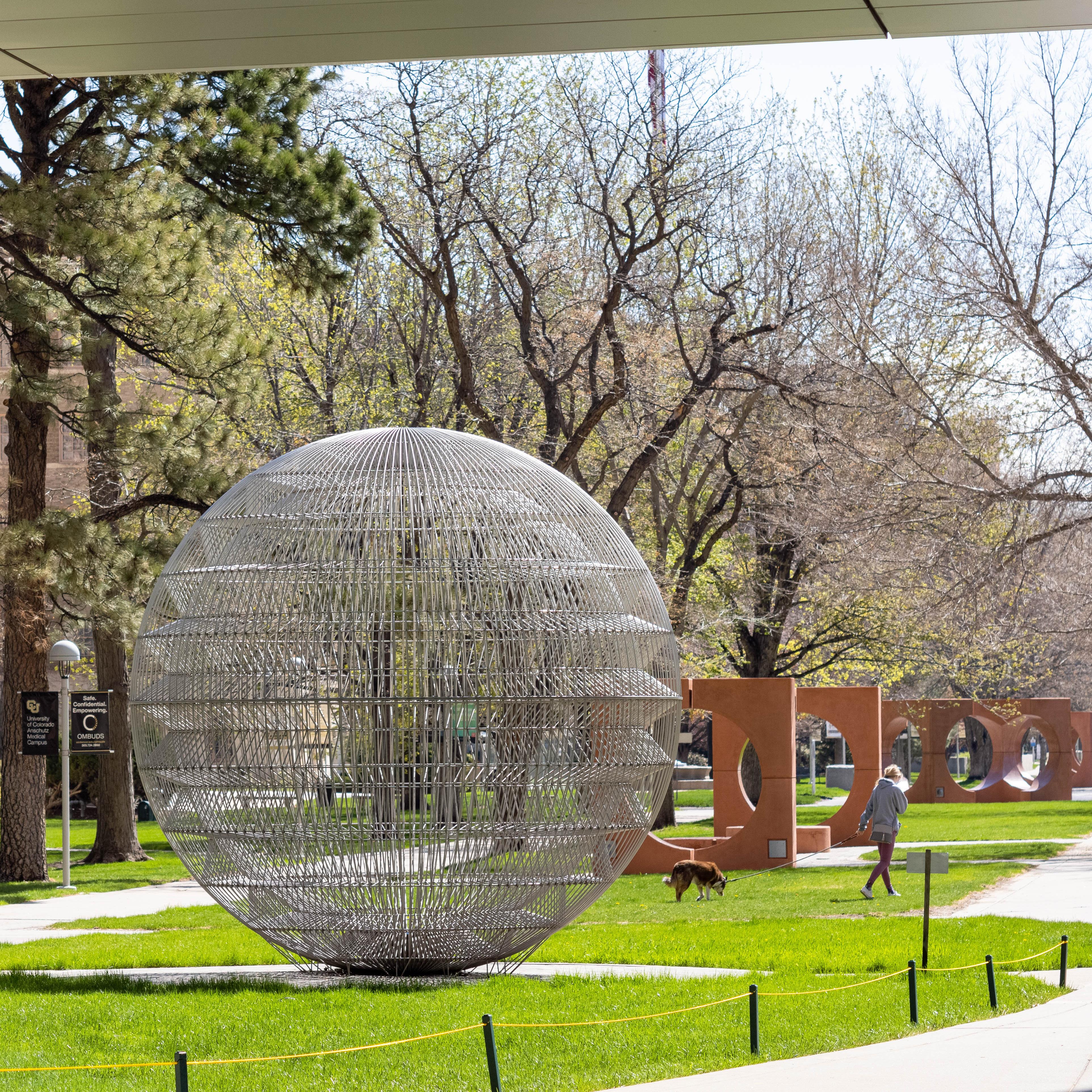A LONG-STANDING PARTNERSHIP with the University of Colorado Anschutz Medical Campus












The University of Colorado Anschutz Medical Campus has long been defined by the relentless pursuit for innovation. Much of what places us at the forefront of the healthcare of tomorrow is top talent at the helm — leaders who pursue bold breakthroughs to push the boundaries of science, improve the patient experience and save lives. Dr. Jackson was one such leader.
Many of the advancements seen at CU Anschutz in ophthalmology and oncology are due to Dr. Jackson’s influence. His compassion, intelligence and generosity inspired us to ask thoughtful questions that in turn led to a better understanding of the root causes of disease and more targeted recommendations for patients. In the 20 years I worked with Dr. Jackson, I deeply valued his friendship and guidance; he significantly shaped the leader I am today. It is because of benefactors and thought partners like Dr. Jackson that CU Anschutz is poised to build upon our remarkable progress to date and continue unearthing the answers to healthcare’s toughest questions.
We will forever be honored to have known Dr. Jackson, and to have played a part in his story. We hope the following pages give you a glimpse of his meaningful impact.
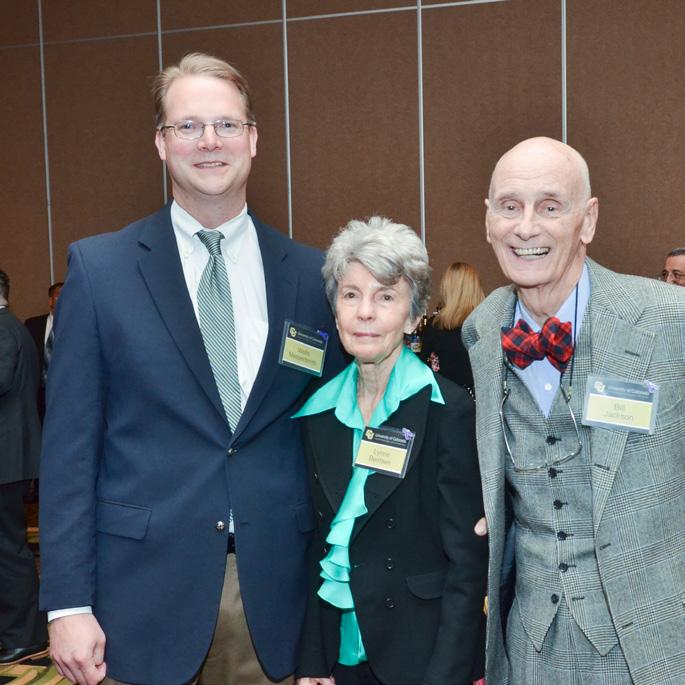
With gratitude,
Naresh Mandava, MD
Sue Anschutz-Rodgers Endowed Chair in Retinal Diseases
Professor and Chair, Department of Ophthalmology Director, Sue Anschutz-Rodgers Eye Center
Dr. Jackson with Lynne Bentsen and Dr. MessersmithAt CU Anschutz, we have trailblazed the use of immunotherapies to harness the power of the immune system to attack diseases like cancer. The approach of training the immune system how to function properly continues to be one of the most promising anti-cancer strategies we have seen in the last century.
Because of Dr. Jackson’s support, we have seen firsthand the power of using human immune cells to study cancer treatments. His philanthropy allowed us to grow patient pancreatic tumors in the lab to better understand therapeutics and predictive markers in pancreas cancer. This discovery led to improved recommendations for patients in the clinic, allowing us to pair patients with the therapies that are more likely to work for them.
Our goal is to build a pancreatic cancer center here in Colorado, so that no patient has to travel out of state for pancreatic cancer therapy. We now have excellent surgeons and multi-disciplinary clinics, as well as productive patient volumes for translational research studies. As we look to the future, we will aim to invest in basic and translational scientists who are focused on pancreatic cancer detection and treatment.
“ ”
Given the high risk of Bill’s pancreatic cancer, I am personally convinced that one reason he survived, when most patients die within a few years, was the vaccine trial he participated in. We’d like to give more patients the extended lifespan that Bill was able to have by developing novel immunotherapy strategies for pancreatic cancer.

Wells Messersmith, MD, FACP, FASCO
Chief Medical Officer of Oncology Services at UCHealth Associate Director for Clinical Services at the University of Colorado Cancer Center Head, Division of Medical Oncology at the CU School of Medicine
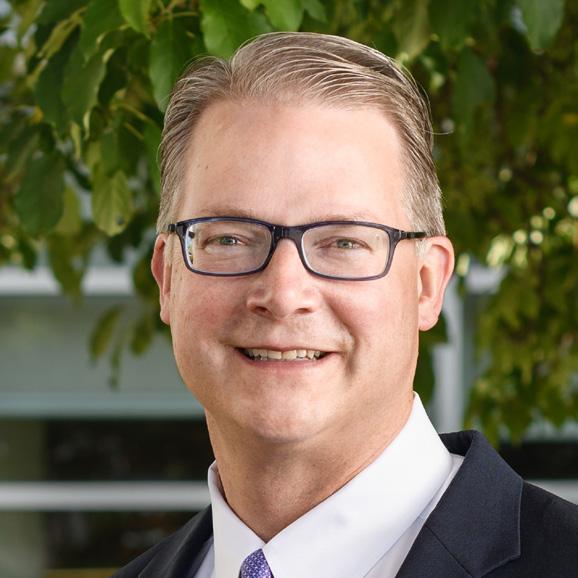
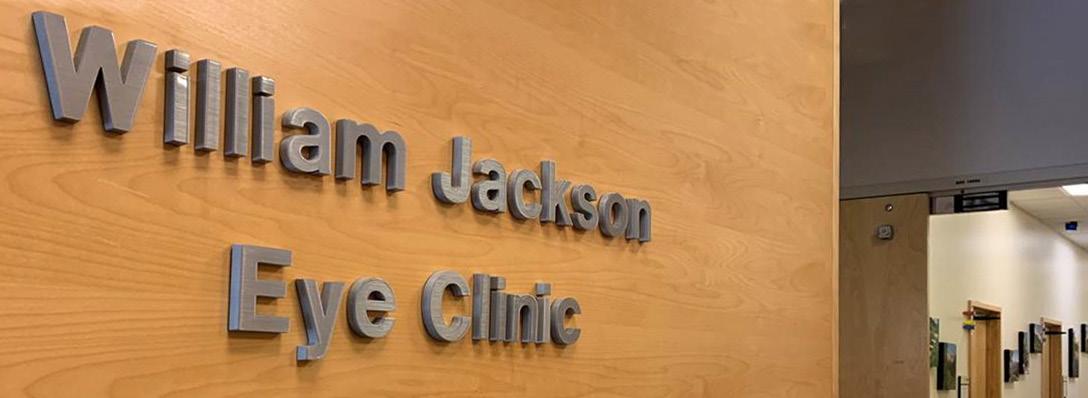
 William Jackson Barbara Davis Center Ophthalmology Endowment
William Jackson Barbara Davis Center Ophthalmology Endowment
The Barbara Davis Center for Diabetes (BDC) Eye Clinic would not have been possible without the leadership and dedication of Dr. Jackson. He volunteered at the BDC for over a decade to help children with eye disease at a time when space was limited and the direction for the clinic was unclear. When Dr. Jackson left private practice in 1996, he became the founding director of the William E. Jackson Eye Clinic at the BDC. Dr. Jackson was a visionary in the world of ophthalmology, with particular excellence in the care and research of diabetic eye disease. He was one of the first retinal specialists in the Rocky Mountain area to use laser photocoagulation to reduce vision loss in people with diabetes.
Throughout the 1990’s Dr. Jackson’s work resulted in many high-profile publications, expanding our knowledge of the influence of blood sugar levels, blood pressure and smoking on diabetic eye changes. His prevention work led to publication on the use of enzyme inhibitors to slow or reverse diabetic eye changes.
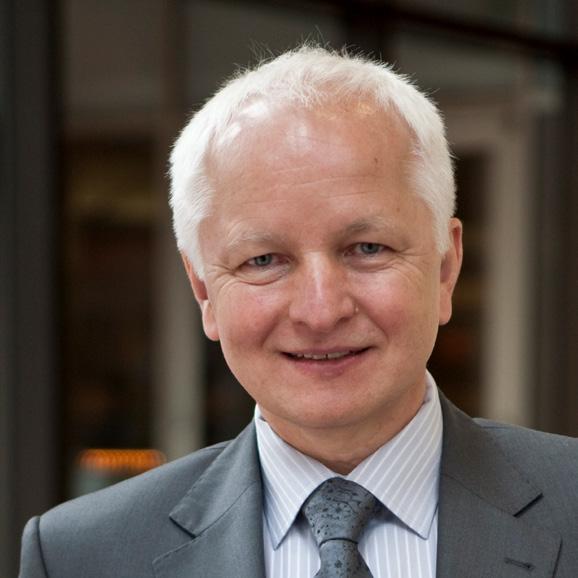
Understanding the importance of preventing lasting damage, Dr. Jackson maintained his expertise in the latest technology used to make early and more accurate eye diagnoses. He established the William Jackson Barbara Davis Center Ophthalmology Endowment to continue his legacy of treatment and prevention of diabetic eye disease. It is our hope to build upon this important work and to continue to unearth new approaches to improving outcomes for our patients.
We are grateful for Bill’s leadership in thought and generosity of spirit. His legacy will continue in the work we do every day, and in the experiences felt by our patients.
Marian Rewers, MD, PhD Richard Abrams and Marian Rewers Endowed Chair Professor, Department of Pediatrics Executive Director, Barbara Davis Center for Diabetes
“
Dr. Jackson was involved with the Department of Ophthalmology for five decades. He played an integral part in much of the department’s work, from the residency program to training future ophthalmologists to providing clinical care. Dr. Jackson’s proficiency and compassion touched the lives of countless people—his patients, his colleagues and our residents.
Through his philanthropy, Dr. Jackson provided flexible funding for macular degeneration research. In particular, this funding has allowed us to support the work of Anne Lynch, MD. Dr. Lynch has developed an extensive registry of patient data to track the development of age-related macular degeneration. We hope this work will allow us to identify patients before they get to an advanced stage of macular degeneration.
Funding for this type of research is rare, which is why dedicated resources from the Jackson Retina Research Fund are especially valuable to ensure our continued progress. Philanthropy will continue to be a critical driver in our ability to realize our vision of eradicating macular degeneration.

Bill often told me about the impact he hoped to make in the Department of Ophthalmology’s research and patient care program. The promising work being done by Dr. Lynch is a great example of how his gifts are already making an impact.
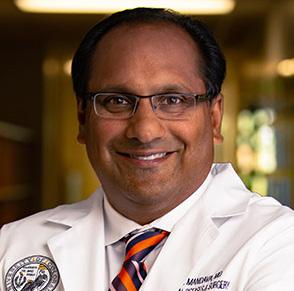
Sue Anschutz-Rodgers Endowed Chair in Retinal Diseases Professor and Chair, Department of Ophthalmology Director, Sue Anschutz-Rodgers Eye Center
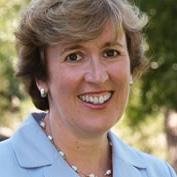
We hope you are as proud as we are of the accomplishments reflected in these pages. It is an honor to celebrate areas of significance where Dr. Jackson’s vision and generosity have impacted lasting change. Through support of cutting-edge research his legacy will live on, as his generosity continues to lead to improvements for our patients.
Thank you for sharing in our appreciation for Dr. Jackson’s leadership and contributions.
